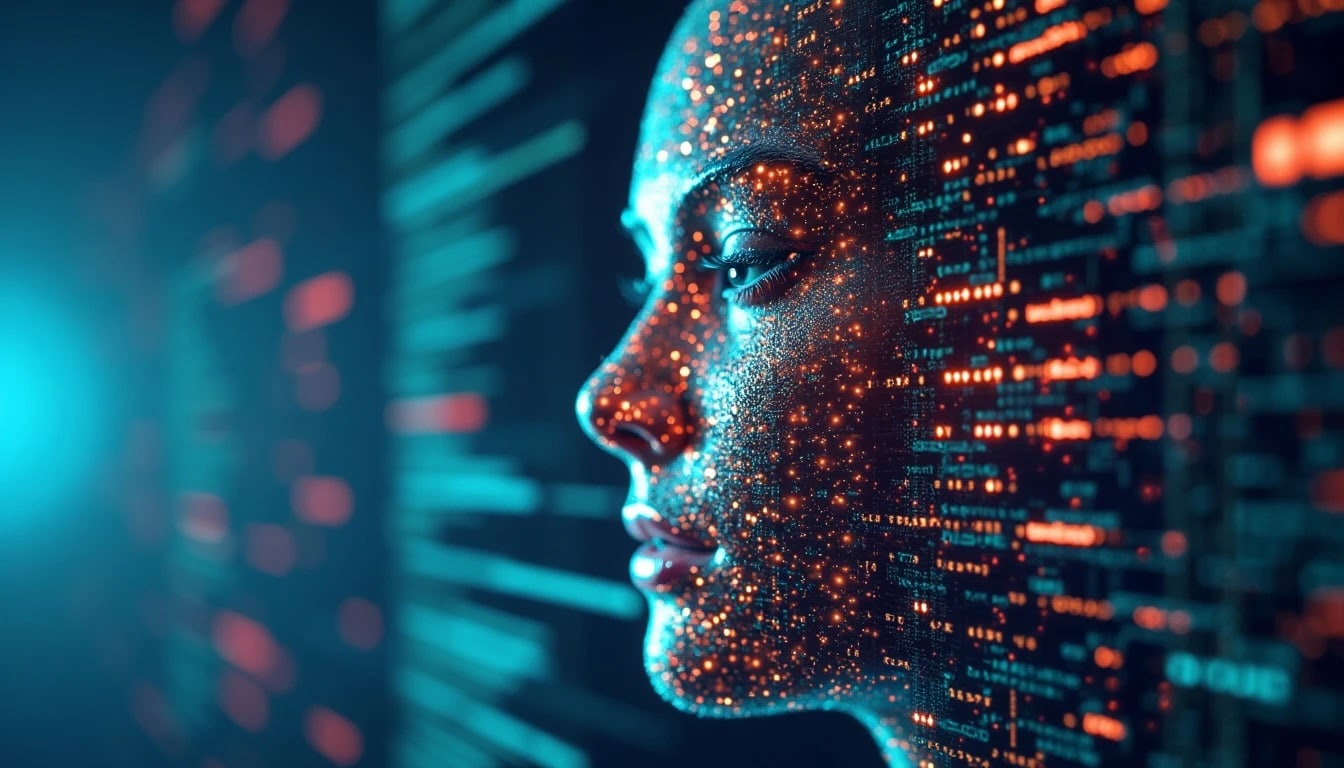The statements by NVIDIA CEO Jensen Huang have once again brought to light one of the major questions in today’s tech landscape: Is it still worth learning to program when artificial intelligence seems capable of doing it for us?
During the World Governments Summit held in Dubai, Huang surprised the audience with a bold and controversial message:
“It’s our job to create computing technology that makes it so that no one has to program and that programming language is human language. Everyone is now a programmer. That is the miracle of artificial intelligence.”
These words contrast sharply with the narrative that has dominated for the past two decades: that learning to program was practically a guarantee of future employment.
From the coding frenzy to automation
There was a time when knowing how to program was a golden ticket to well-paid jobs, growth, and prestige. Companies competed to hire the best talent, and mastering a language like Java, Javascript, HTML, SQL, PHP, C#, C++, or Python meant stability, career development, and respect within the tech ecosystem.
But the landscape has changed. Today, the demand for programmers still exists, albeit with an important nuance: what’s scarce aren’t people who can code “the basics,” but those who truly master the discipline, understand the intricacies of a language, and, most importantly, have a mindset capable of solving complex problems and adapting to a constantly evolving environment.
The emergence of generative artificial intelligence, with models like ChatGPT, Grok4, DeepSeek, Copilot, or Claude, has accelerated this transition. Now, you can ask a chatbot to generate code in seconds, or even build complete video games from natural language instructions.
AI that already “speaks” dozens of languages
Currently, AI models can generate code in dozens of programming languages. ChatGPT, for instance, claims proficiency in more than 50 languages, from PHP, Javascript, Python, and Swift to COBOL and Objective-C. They’re also familiar with assembly language (ASM) and older languages.
This versatility multiplies their utility for repetitive or tedious tasks, freeing human developers to focus on business logic, system architecture, or solving strategic problems.
However, it raises a fundamental question: if machines already code in so many languages, what role remains for humans?
Learning to code: still necessary?
Huang’s supporters argue that the natural evolution of computing is precisely that: reaching a point where anyone can “program” simply by speaking or writing in natural language. According to this view, AI democratizes software development and turns any user into a potential coder.
But other experts disagree. They say learning to program isn’t just about writing lines of code:
- It teaches you to think in a structured and logical way.
- Allows you to understand how machines work and not blindly depend on what AI suggests.
- Provides the ability to optimize, audit, and fix errors that auto-generated systems inevitably produce.
Moreover, deep mastery of a language requires time and discipline. Becoming proficient in a programming language can take between 6 to 12 months of intensive practice, and more than a year for those starting from scratch. AI can help accelerate learning, but it doesn’t replace the experience gained through years of real-world work.
The real impact of AI on programming
Tech giants are already measuring this impact. Microsoft has confirmed that around 30% of its internal code has been generated by AI. A figure that hints at where the industry might be headed.
Far from signaling the end of human programmers, this trend points to a reconfiguration of roles: professionals will increasingly become curators, auditors, and architects of software, while AI takes on much of the raw coding tasks.
In fact, many developers already acknowledge using tools like GPT-5, Claude Code, or Copilot not only to generate functions but also to understand complex libraries, debug errors, or speed up projects that previously took weeks to complete.
Threat or opportunity?
Huang advocates that “everyone is a programmer” thanks to AI, but his words also spark a deeper debate about the future of tech employment.
- For some, automation is a threat that will reduce opportunities for entry-level roles.
- For others, it’s a unique opportunity to focus on higher-value tasks while AI handles repetitive work.
Either way, the conclusion seems clear: the market will need fewer “entry-level” programmers and more professionals with a broad perspective, capable of combining technical knowledge with critical thinking and interpersonal skills.
Conclusion
Huang’s words shouldn’t be interpreted as a condemnation of learning to program, but rather as a sign of the radical changes that artificial intelligence is bringing to the industry.
Today, learning to code remains valuable, not so much because code can’t be generated automatically, but because it teaches you to think and understand the foundations of the digital world we live in.
The real question isn’t whether it still makes sense to learn to program, but what kind of programmers society will need in the future: instruction executors or minds capable of guiding, auditing, and enhancing artificial intelligence?
Frequently Asked Questions (FAQs)
1. Will the need for human programmers truly disappear?
No. Their role will shift. There will be fewer programmers doing basic tasks and more experts in architecture, security, and code auditing.
2. What does learning to code contribute if AI already does it?
It cultivates logical thinking, a deep understanding of systems, and the ability to supervise and correct AI—skills that remain essential.
3. Which programming languages does AI currently master?
Models like ChatGPT claim to generate code in over 50 languages, including PHP, Javascript, Python, Java, C++, Swift, COBOL, Objective-C, and HTML.
4. How will AI impact employment in tech?
It’s expected that demand for entry-level profiles who only write code will decrease, while the need for experts capable of designing, optimizing, and supervising AI-assisted systems will grow.

